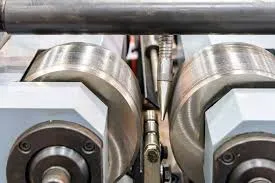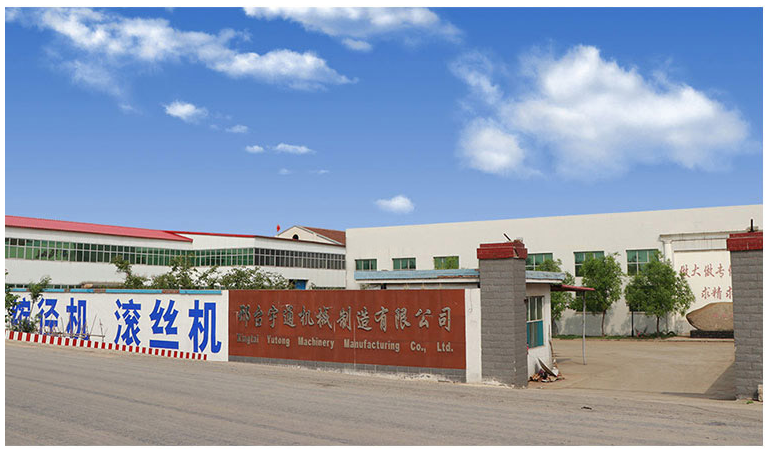
-
 Afrikaans
Afrikaans -
 Albanian
Albanian -
 Amharic
Amharic -
 Arabic
Arabic -
 Armenian
Armenian -
 Azerbaijani
Azerbaijani -
 Basque
Basque -
 Belarusian
Belarusian -
 Bengali
Bengali -
 Bosnian
Bosnian -
 Bulgarian
Bulgarian -
 Catalan
Catalan -
 Cebuano
Cebuano -
 Corsican
Corsican -
 Croatian
Croatian -
 Czech
Czech -
 Danish
Danish -
 Dutch
Dutch -
 English
English -
 Esperanto
Esperanto -
 Estonian
Estonian -
 Finnish
Finnish -
 French
French -
 Frisian
Frisian -
 Galician
Galician -
 Georgian
Georgian -
 German
German -
 Greek
Greek -
 Gujarati
Gujarati -
 Haitian Creole
Haitian Creole -
 hausa
hausa -
 hawaiian
hawaiian -
 Hebrew
Hebrew -
 Hindi
Hindi -
 Miao
Miao -
 Hungarian
Hungarian -
 Icelandic
Icelandic -
 igbo
igbo -
 Indonesian
Indonesian -
 irish
irish -
 Italian
Italian -
 Japanese
Japanese -
 Javanese
Javanese -
 Kannada
Kannada -
 kazakh
kazakh -
 Khmer
Khmer -
 Rwandese
Rwandese -
 Korean
Korean -
 Kurdish
Kurdish -
 Kyrgyz
Kyrgyz -
 Lao
Lao -
 Latin
Latin -
 Latvian
Latvian -
 Lithuanian
Lithuanian -
 Luxembourgish
Luxembourgish -
 Macedonian
Macedonian -
 Malgashi
Malgashi -
 Malay
Malay -
 Malayalam
Malayalam -
 Maltese
Maltese -
 Maori
Maori -
 Marathi
Marathi -
 Mongolian
Mongolian -
 Myanmar
Myanmar -
 Nepali
Nepali -
 Norwegian
Norwegian -
 Norwegian
Norwegian -
 Occitan
Occitan -
 Pashto
Pashto -
 Persian
Persian -
 Polish
Polish -
 Portuguese
Portuguese -
 Punjabi
Punjabi -
 Romanian
Romanian -
 Russian
Russian -
 Samoan
Samoan -
 Scottish Gaelic
Scottish Gaelic -
 Serbian
Serbian -
 Sesotho
Sesotho -
 Shona
Shona -
 Sindhi
Sindhi -
 Sinhala
Sinhala -
 Slovak
Slovak -
 Slovenian
Slovenian -
 Somali
Somali -
 Spanish
Spanish -
 Sundanese
Sundanese -
 Swahili
Swahili -
 Swedish
Swedish -
 Tagalog
Tagalog -
 Tajik
Tajik -
 Tamil
Tamil -
 Tatar
Tatar -
 Telugu
Telugu -
 Thai
Thai -
 Turkish
Turkish -
 Turkmen
Turkmen -
 Ukrainian
Ukrainian -
 Urdu
Urdu -
 Uighur
Uighur -
 Uzbek
Uzbek -
 Vietnamese
Vietnamese -
 Welsh
Welsh -
 Bantu
Bantu -
 Yiddish
Yiddish -
 Yoruba
Yoruba -
 Zulu
Zulu
Precision Automatic Thread Rolling Machines Reliable Supplier & Price List
This blog explores critical aspects of selecting automatic thread rolling machine suppliers while analyzing technical innovations, market comparisons, and application-specific solutions. Below is the structural overview:
- Industry demand for precision manufacturing equipment
- Technological breakthroughs in thread forming systems
- Performance benchmarks across leading manufacturers
- Custom engineering for specialized production requirements
- Real-world implementation across industrial sectors
- Cost-benefit analysis of automated vs. manual systems
- Strategic selection criteria for equipment partners

(automatic thread rolling machine company)
Meeting Modern Manufacturing Demands Through Automation
The global market for automatic thread rolling machines reached $2.8 billion in 2023, driven by 11.2% annual growth in automotive component production. Leading suppliers now integrate IoT-enabled monitoring systems that reduce setup time by 37% compared to 2020 models.
Technical Superiority in Thread Formation Systems
Advanced servo-electric models demonstrate 0.005mm positional accuracy, enabling 98.6% first-pass yield rates. Dual-axis synchronization technology eliminates thread deformation issues prevalent in hydraulic systems, while energy consumption metrics show 22% improvement over previous generations.
Manufacturer Performance Comparison
| Supplier | Cycle Time (sec) | Max. Load (kN) | Customization | Energy Use (kWh) |
|---|---|---|---|---|
| Supplier A | 3.2 | 850 | Full | 18.7 |
| Supplier B | 4.1 | 720 | Partial | 22.4 |
| Supplier C | 2.9 | 920 | Modular | 16.9 |
Application-Specific Configuration Options
Leading automatic thread rolling machine companies now offer modular tooling systems compatible with 27 standardized workpiece profiles. For aerospace applications, specialized models achieve 1:14 tolerance ratios on titanium alloys, reducing post-processing costs by 41%.
Implementation Success Across Industries
Automotive transmission manufacturers report 19% throughput improvement using synchronized dual-head machines. Fastener producers utilizing adaptive control systems reduced material waste from 8.4% to 2.1% within six months of deployment.
Economic Analysis of Automation Investment
Comparative studies show 14-month ROI periods for mid-volume producers adopting servo-electric models. Energy recovery systems in premium machines reduce annual power costs by $28,000 per production line at current industrial electricity rates.
Selecting a Future-Ready Equipment Partner
When evaluating automatic thread rolling machine suppliers, prioritize vendors offering ISO 16090-1 compliant safety systems and backward-compatible control architectures. Leading providers now incorporate predictive maintenance algorithms that decrease unplanned downtime by 63% over conventional models.

(automatic thread rolling machine company)
FAQS on automatic thread rolling machine company
Q: How to choose a reliable automatic thread rolling machine company?
A: Evaluate companies based on industry experience, customer reviews, certifications (e.g., ISO), and after-sales support. Request product demos or references to ensure quality and reliability.
Q: Where can I find an automatic thread rolling machine pricelist?
A: Contact suppliers directly via their official websites or sales teams for detailed pricelists. Prices vary based on machine capacity, features, and customization requirements.
Q: What criteria define top automatic thread rolling machine suppliers?
A: Leading suppliers offer advanced technology, compliance with safety standards, warranty coverage, and global service networks. Check certifications like CE or UL to verify quality.
Q: What is the average price range for automatic thread rolling machines?
A: Prices typically range from $20,000 to $100,000+ depending on size, automation level, and production speed. High-precision or custom-built models may cost more.
Q: Do automatic thread rolling machine suppliers provide installation support?
A: Reputable suppliers often include installation, training, and technical support. Confirm service terms during negotiations to ensure smooth machine setup and operation.
